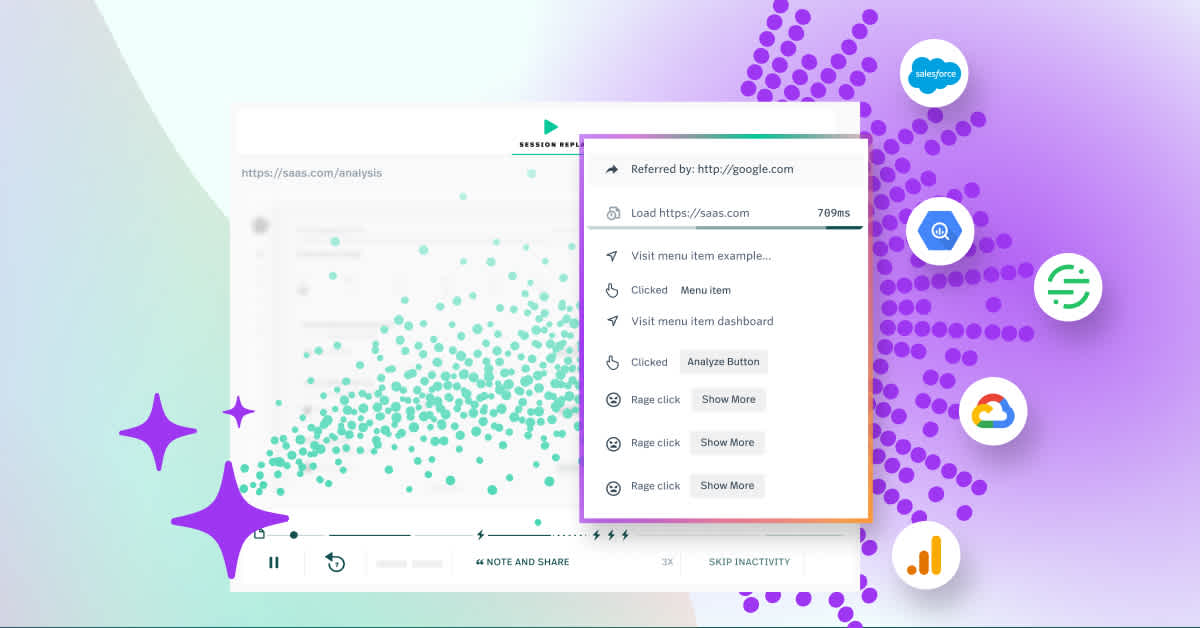Welcome back to our series on data and AI! We've already explored the basics and the 3 Cs of data and AI literacy—curiosity, creativity, and critical thinking. Now, let’s dive into a key aspect: decision-making.
The evolution of decision-making
In my life, I've run multiple ultra-marathons. Guess what I didn’t do? I didn’t use enough data to help my path toward success in those races. Could I have improved my races? Probably. This is what we should be doing in our careers—utilizing and harnessing the tools and technology at our disposal to improve and succeed.
Historically, decision-making has evolved from gut instincts to logical reasoning. With the explosion of data and advancements in AI, we now have sophisticated approaches that allow us to harness vast amounts of information effectively, revolutionizing the decision-making process and significantly enhancing business decision-making.
Harnessing data for better decisions
Data analysis—and AI decision-making is all about transforming raw data into actionable insights. By enhancing our data and AI literacy, we can use these tools to analyze patterns, trends, and correlations. This deeper understanding helps us optimize business processes, predict market trends, and improve healthcare outcomes. Imagine being able to predict customer behavior or identify the most efficient way to allocate resources. Data-driven insights are invaluable for navigating complex challenges.
The role of AI in data-driven decision-making
Data forms the foundation, but AI is the driving force behind intelligent decisions. AI systems use machine learning algorithms and predictive analytics to uncover hidden patterns in data. These insights, combined with human expertise, enhance our decision-making in real-time with greater accuracy and efficiency. Think of AI as your partner, augmenting your capabilities.
From theory to practice
So, how do we apply these concepts practically? Here are some steps:
Cultivate a culture of data and AI-driven decision-making within your organization. Share success stories and highlight how data has driven improvements.
Prioritize data and AI literacy and invest in AI capabilities. Offer training programs and resources to empower your team.
Encourage collaboration between data scientists, domain experts, and decision-makers to ensure accurate, relevant, and actionable insights. Create interdisciplinary teams to foster innovation and comprehensive solutions.
It's crucial to recognize the importance of human input in the initial stages of AI analytics, as it's the only time when machine learning algorithms are fed training data, setting the foundation for all future automated decision-making processes.
Looking ahead with artificial intelligence
With this third post on data and AI, it's clear we're on the brink of a new era. What's next after literacy and decision-making? Our upcoming discussion will focus on communication. We can unlock immense potential with AI-ready data as our compass and AI as our guide.
Success will require continuous learning, adaptability, and ethical use of technology. As we venture further, we'll explore data and AI storytelling, Fullstory, and behavioral analytics. Imagine the possibilities: transforming customer experiences, predicting trends before they happen, and making smarter, faster decisions.
Stay tuned for the next installment. Stay nerdy, my friends!








